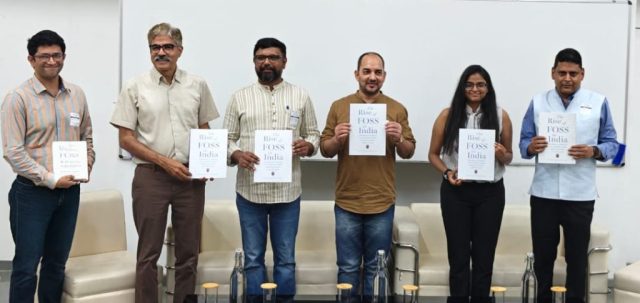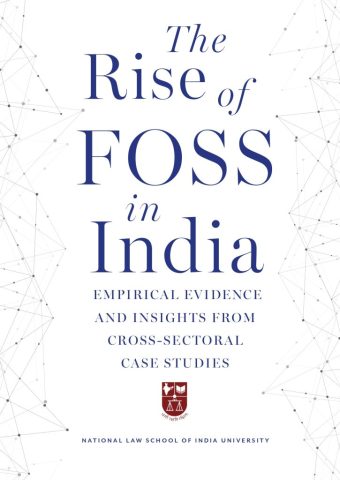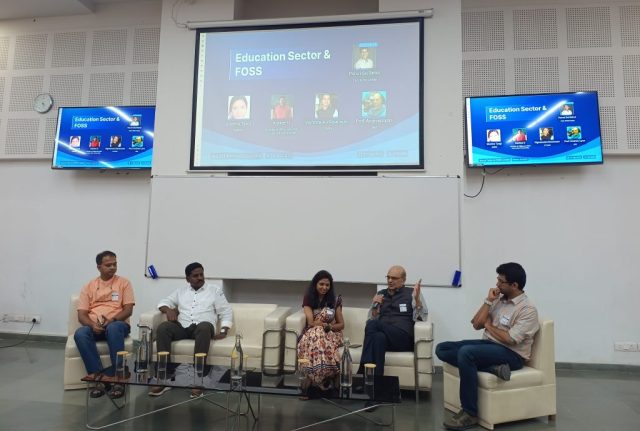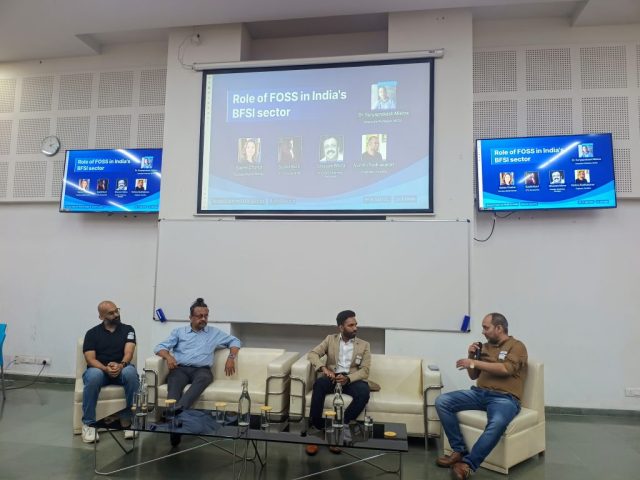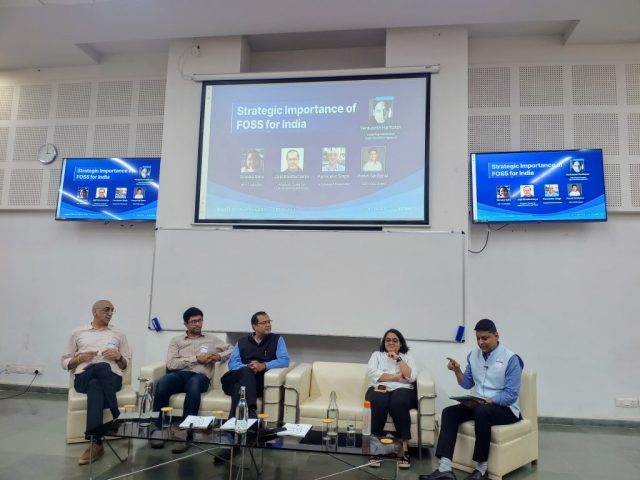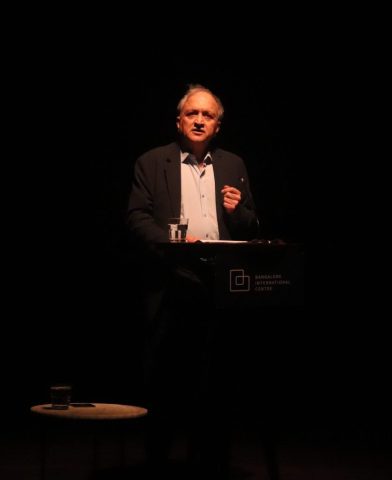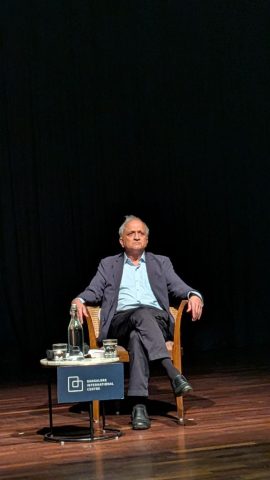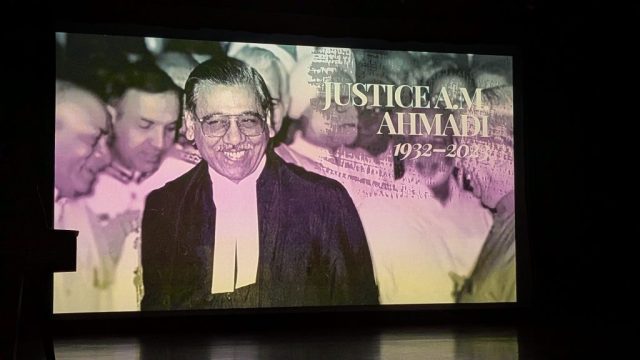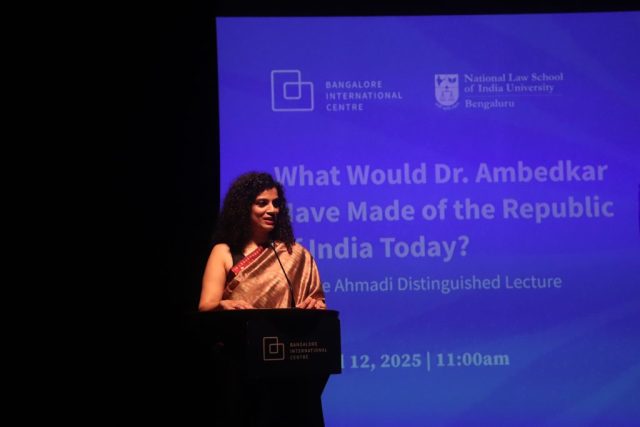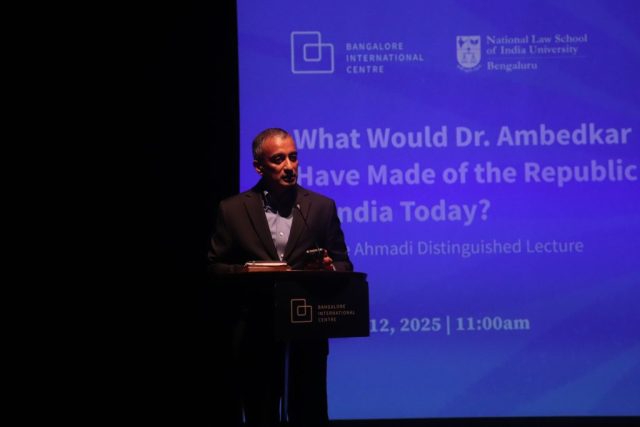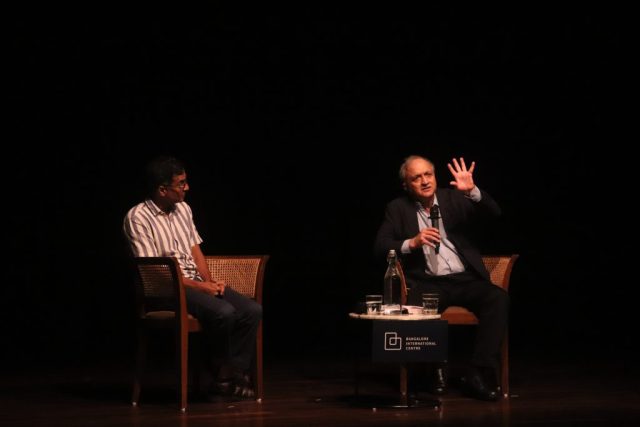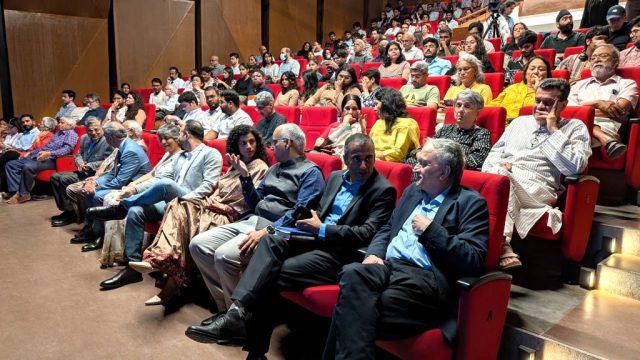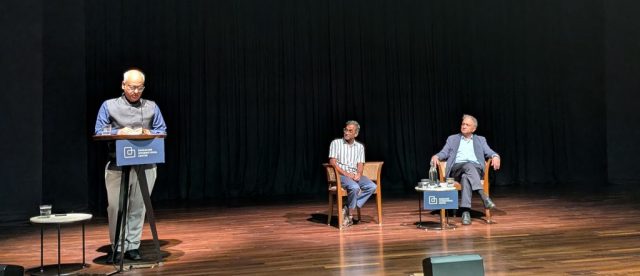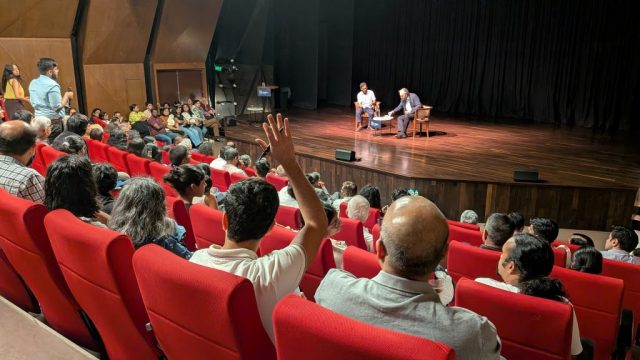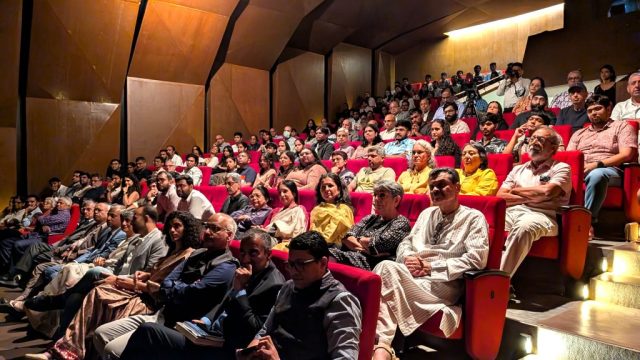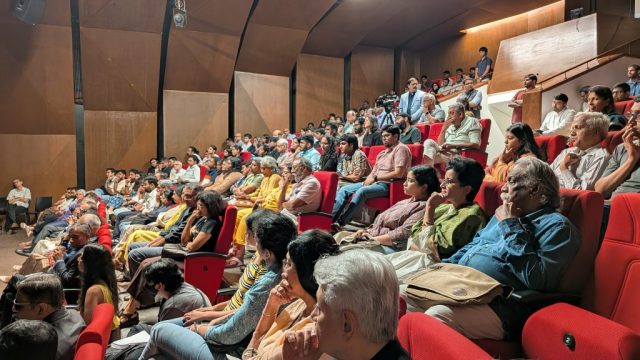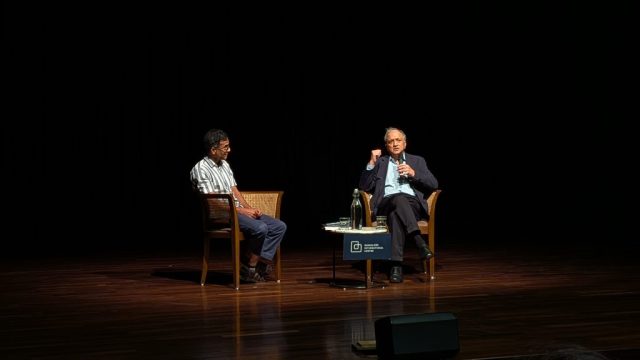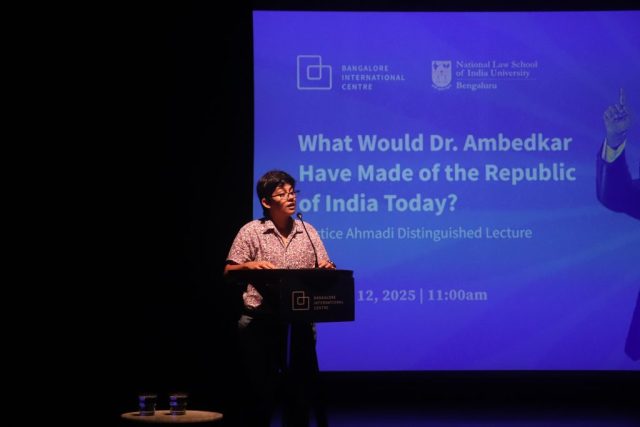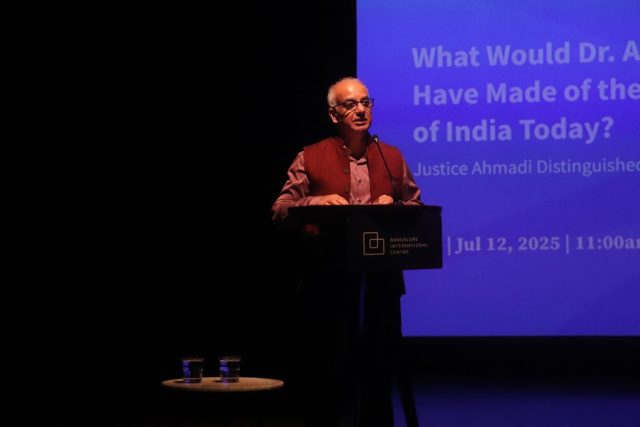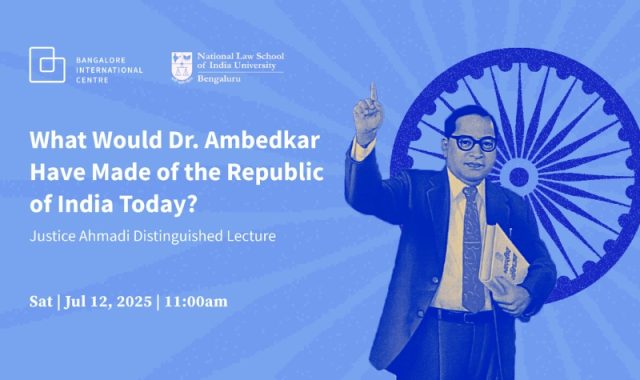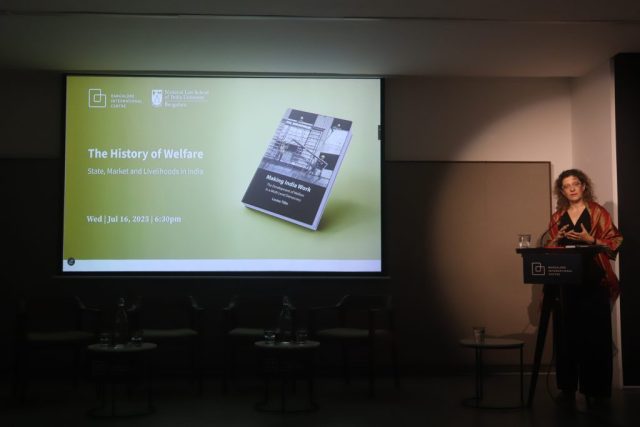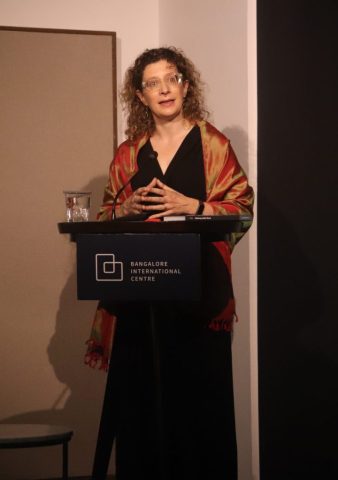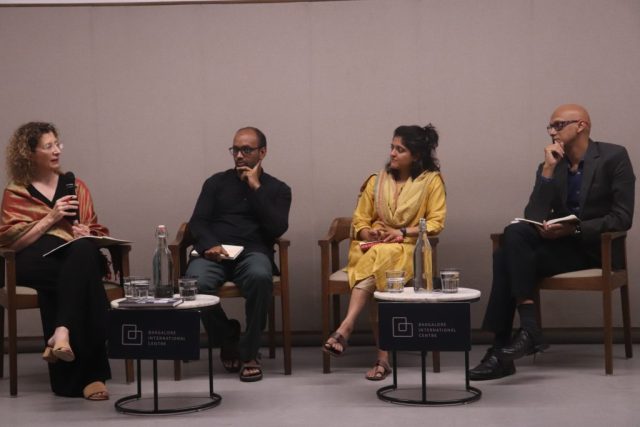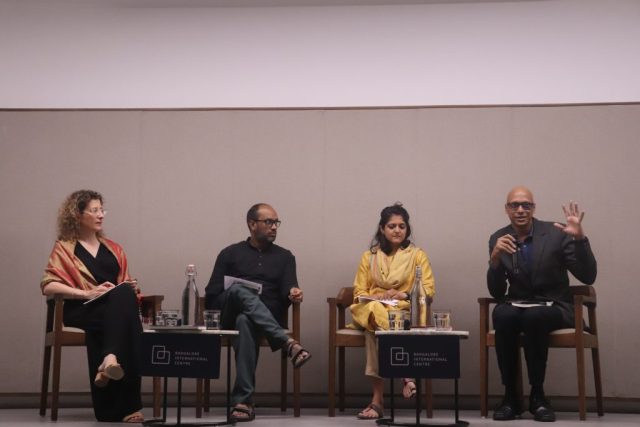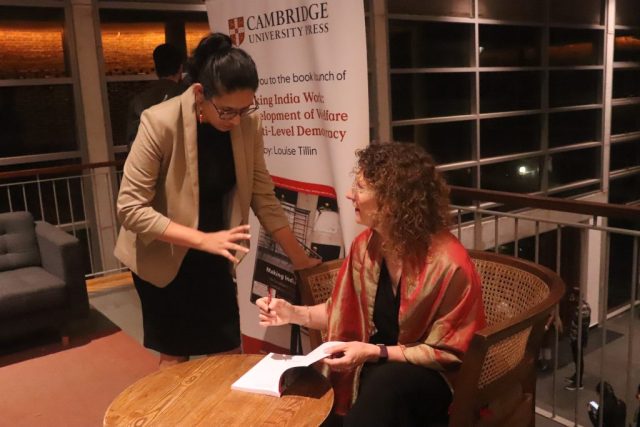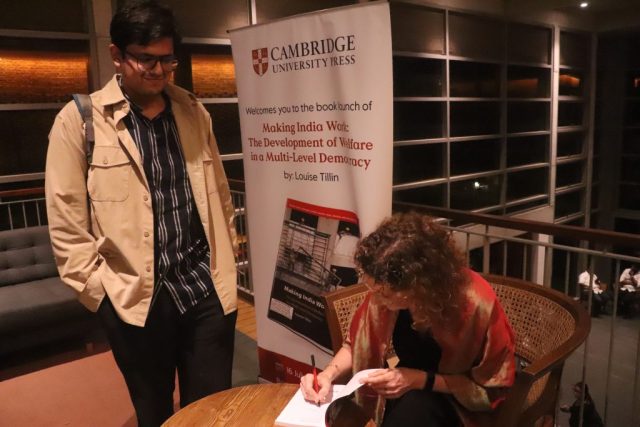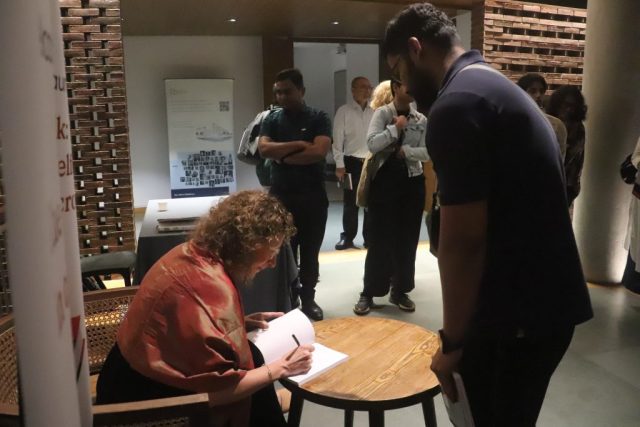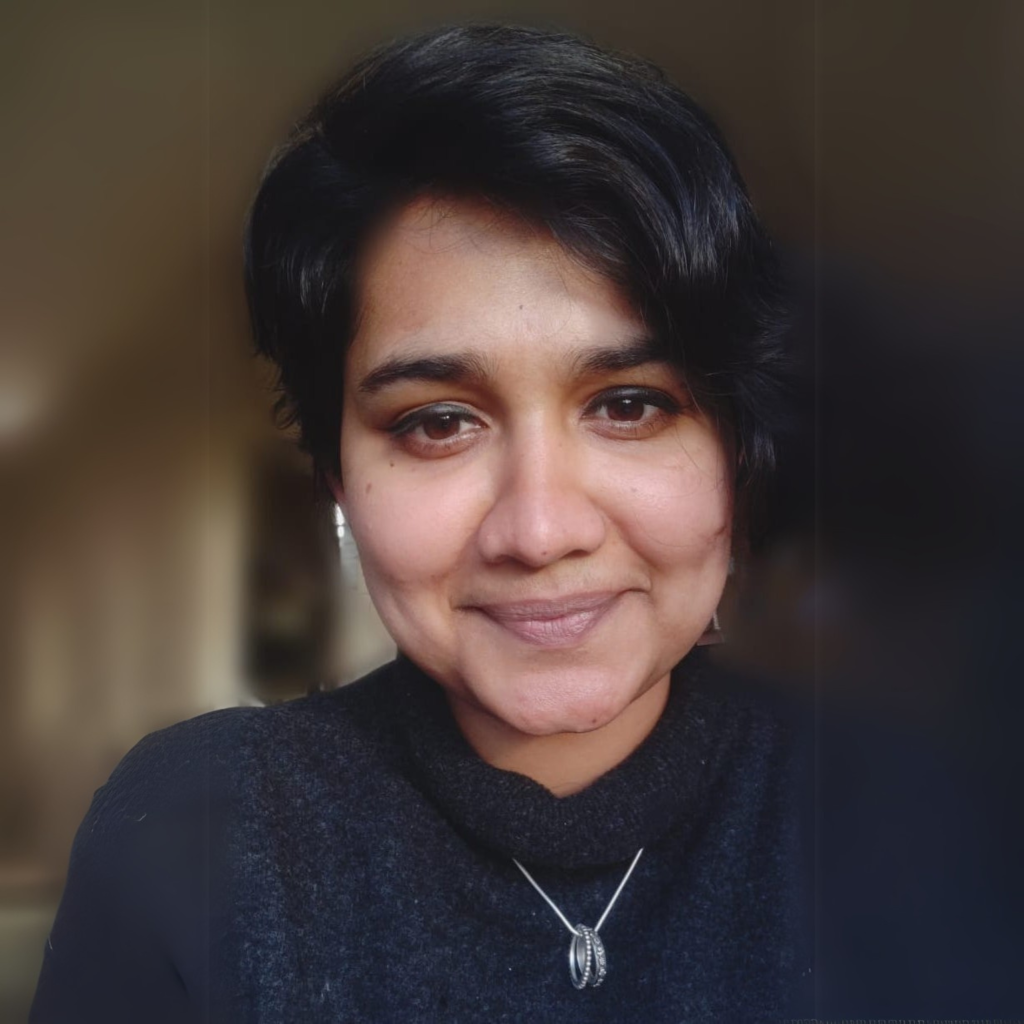 NLS faculty Diya Deviah, Assistant Professor of Law, is headed to Yale University for a fully funded six-year PhD in History, starting August 2025. She has also been granted a research award at the University as a Whitney Humanities Center Fellow in the Environmental Humanities.
NLS faculty Diya Deviah, Assistant Professor of Law, is headed to Yale University for a fully funded six-year PhD in History, starting August 2025. She has also been granted a research award at the University as a Whitney Humanities Center Fellow in the Environmental Humanities.
About the fellowship
Diya was nominated and selected to be a 2025-26 Whitney Humanities Centre Fellow in the Environmental Humanities — where she will receive a top-up stipend and join a select group of doctoral fellows from across disciplines, including Anthropology, English, Medieval Studies, and East Asian Languages and Literatures, who share interests in the Environmental Humanities.
Area of study
Diya proposes tracing a global history of the coal commodity frontier in Dhanbad, India’s coal capital, to examine the making of corporate power in modern South-Asia. She is interested in how coal emerges not just as an extractive resource but as a dynamic force, continually reshaping legal, social, and economic boundaries while extending the reach of extractive capitalism into new, often invisible, terrains of power. Through local and archival studies of the company town, railway lines and energy grids, she aims to study how capital works recursively across fossil fuel commodity frontiers in the Indian Ocean.
Closer to her previous work on the entanglements of corporations and the state within constitutional law, one of her central questions examines the historical relationship between law and capital in shaping modern corporate sovereignty. The corporation’s status as a ‘legal person’ grants it special, and foundational, legal immunities, which have been crucial to its ability to exercise sovereign powers. In her doctoral project, she is interested in examining the modes of legal immunity by which corporate sovereignty is sustained over both the colonial and postcolonial periods.
Speaking to us, Diya said, “My project lies at the intersection of histories of capitalism, law, and empire. By integrating my interest in environmental studies and science and technology studies (STS), this work extends existing scholarship on corporations, mining and labour into an interdisciplinary exploration of ecology, power, law, and the global networks that shape frontier landscapes and the lives of the actors who inhabit them.”

![[Left to Right] Mr. Devesh Pandey [PhD Scholar]; Mr. Anubhav Bishen [PhD Scholar]; Dr. Devyani Pande [Assistant Professor, Public Policy]; Mr. Manish [Assistant Professor of Law]; Prof. (Dr.) Sony Pellissery, Professor & Co-Director, Centre for the Study of Social Inclusion](https://www.nls.ac.in/wp-content/uploads/2025/07/ICPP7-scaled-e1752146871299-1024x935.jpeg)
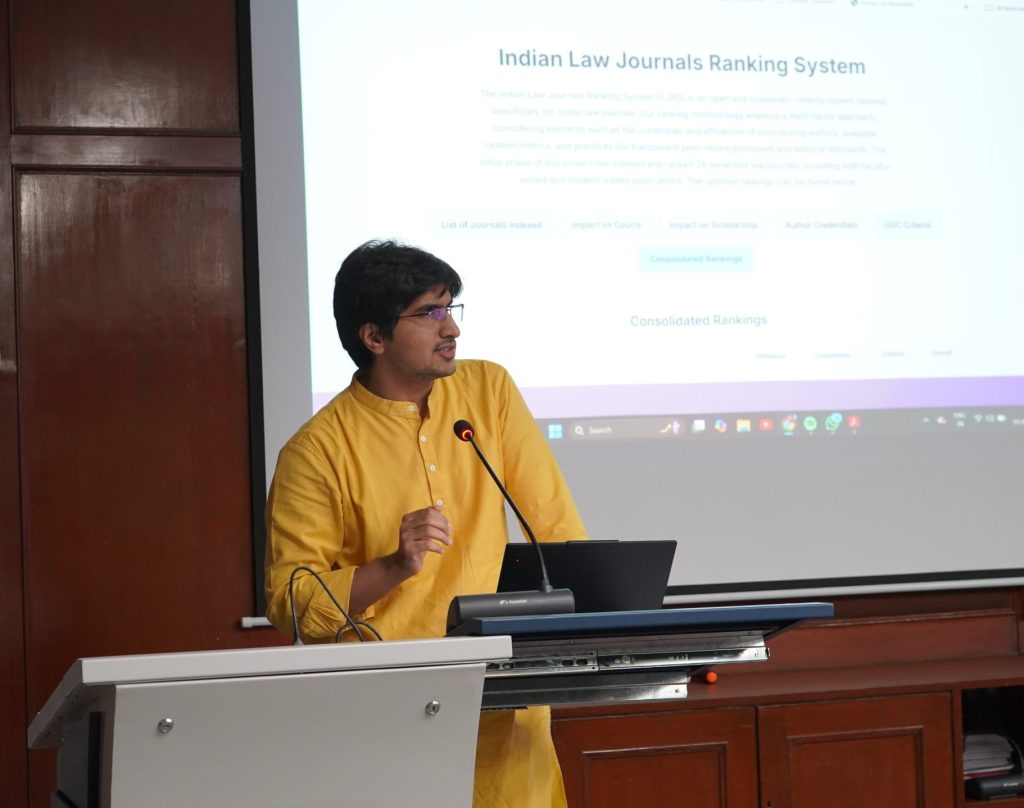 We kicked off the new academic year’s faculty seminars with a presentation by
We kicked off the new academic year’s faculty seminars with a presentation by 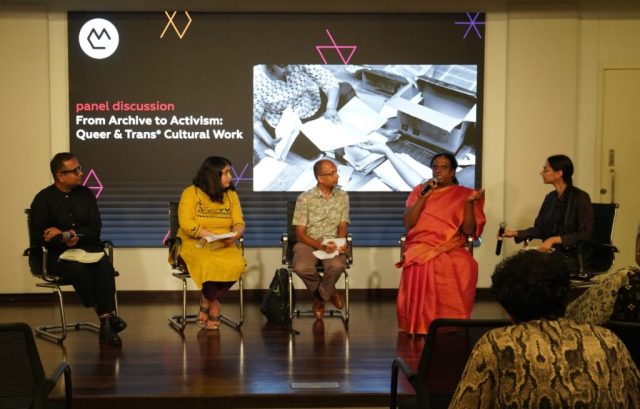
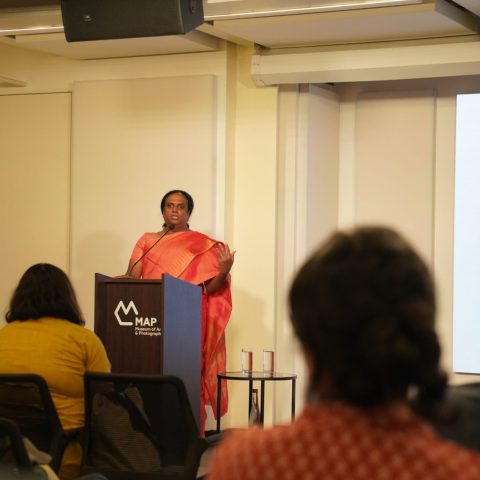
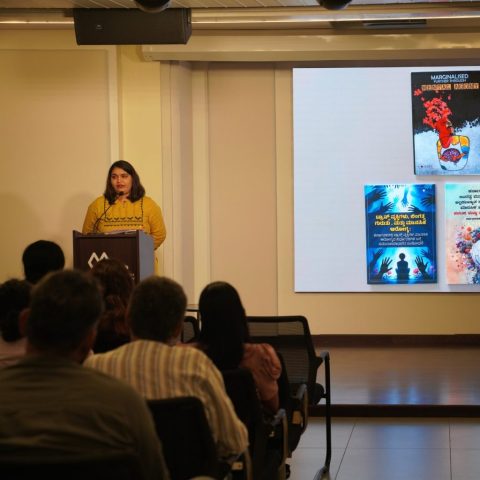
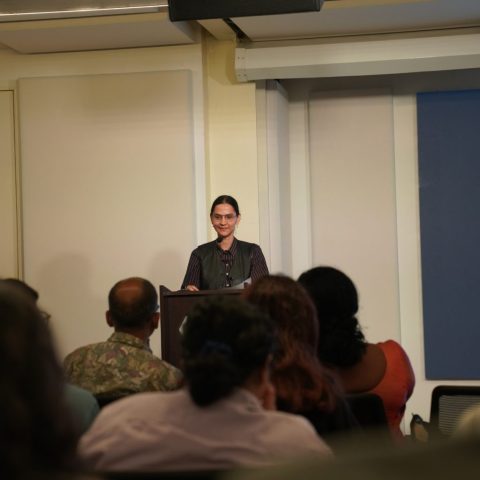
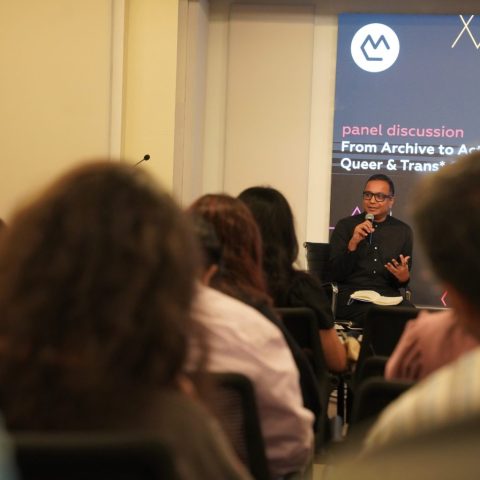
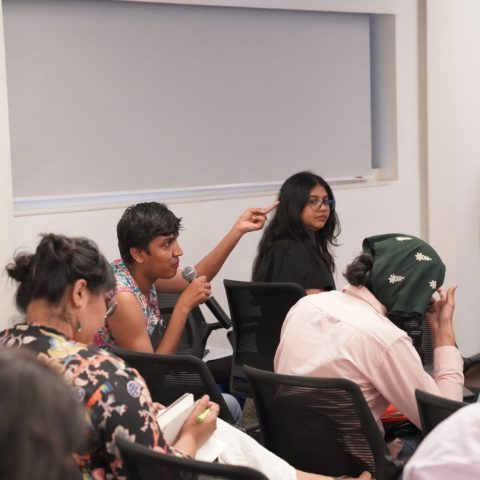
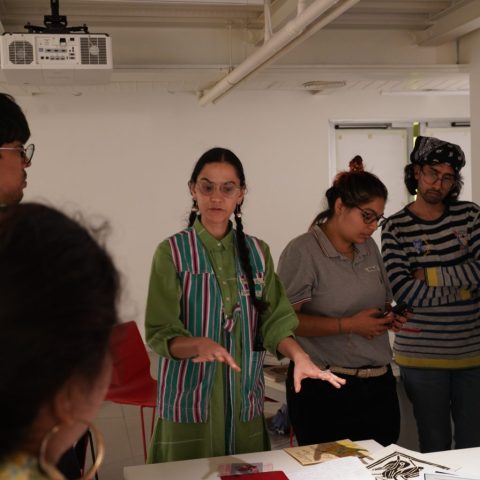
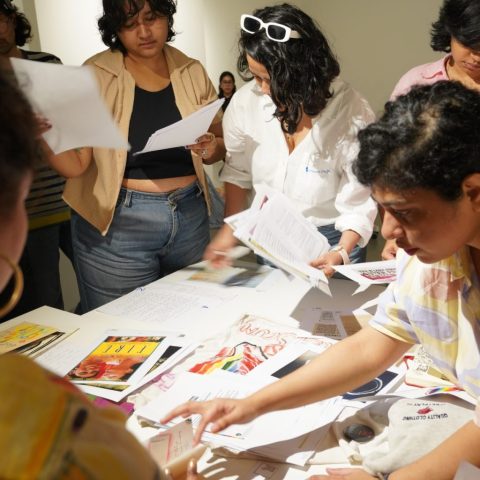
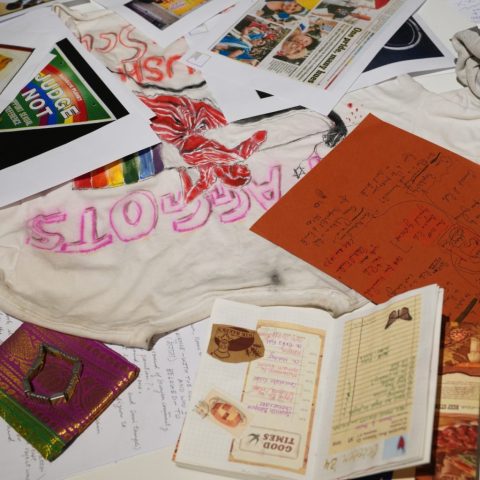

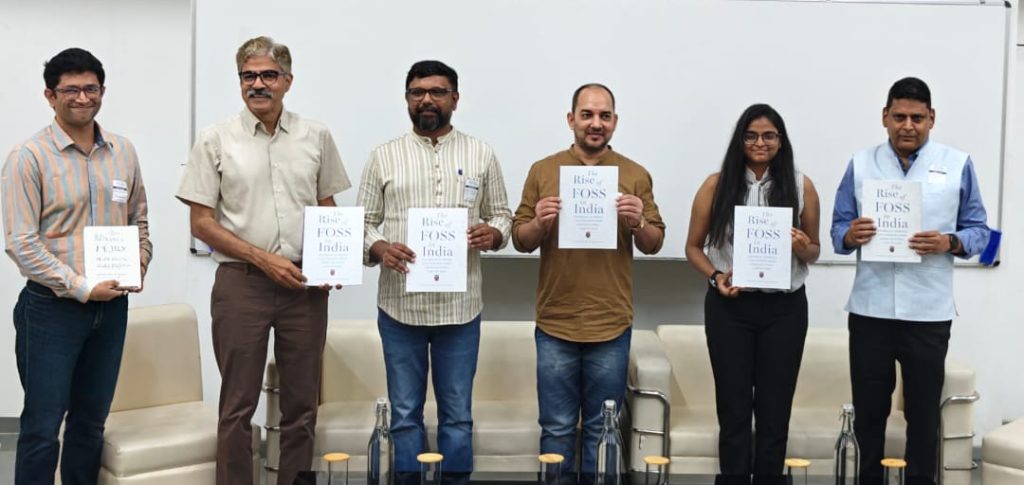 The National Law School of India University (NLSIU), Bengaluru, had undertaken a research
The National Law School of India University (NLSIU), Bengaluru, had undertaken a research 